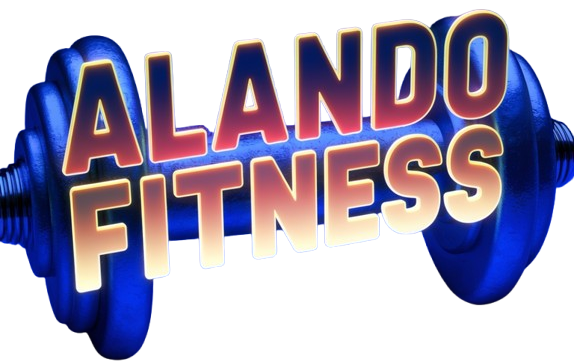Working Out for Weight Loss vs Muscle Gain
One can be so heavily influenced, when it comes to fitness with why they workout or what their goal is — which will affect the methods and strategies immensely. You need to know that the goal of weight loss and muscle gain is different, so you have specific workout plans for it. Now, let us discuss fat loss orientated training verses muscle gain programming.
How To Lose Weight – The Calorie Deficit Way
When trying to lose weight, the main goal is generally achieving a calorie deficit (burning more calories than youre eating). This typically includes cardiovascular and resistance training.
Cardiovascular Workouts
To burn calories, even doing exercises like running or cycling or swimming can be a great way of cardio. Heart-pumping workouts can help keep your heart rate up and burn off extra body fat. It is a type of High-Intensity Interval Training (HIIT) that has caught the attention for quick calorie burn in less amount time.
Strength Training
Yes, strength training is commonly perceived as working towards muscle gain but it plays a huge role in weight loss. Strength training will increase your metabolism and help you to burn more calories throughout the day. It also requires a ton of energy to maintain, burning calories while you rest so be sure your workouts include compound movements such as squats and deadlifts.
Muscle Gains: Strength and Size
Conversely, people who want to gain muscle seek hypertrophy (the growth in size of an organ). This usually involves a different engine approach to loosing weight.
Progressive Overload
Progressive overload is the foundation of building muscle tissue and refers to the progressive increment in weight, intensity or number of sets/reps performed during your strength training workouts. The subtle increase of weight each workout sets your muscles up for growth as they adapt to the demand.
Nutritional Considerations
They have a huge impact on the muscle developement. You must take in sufficient protein and eat more than your body can burn. Put Ambiguously, jus an energy surplus that allowed for your body to repair and grow muscles with the necessary nutrients e.g. proteins!
Conclusion
You might want to lose weight or gain muscle, you should base your training on this fact. To lose weight, you need to burn more calories than you consume and doing cardio and strength training is how this deficit can be accomplished. Now, if you seek to build muscle, be sure to focus on progressive overload and eat in a surplus! Once you understand the discrepancies between these fitness objectives, it becomes easier to design a better workout schedule that is targeted.


